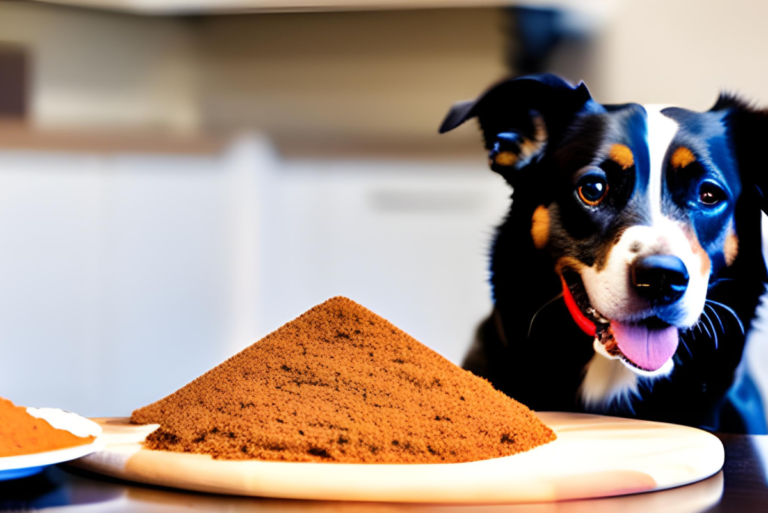Top 7 Common Health Issues in Labradors Every Owner Should Know

Labrador Retrievers are one of the most popular dog breeds in the United States, cherished for their friendly nature, intelligence, and loyalty. Like every breed, Labradors can face particular health challenges that may affect their overall quality of life. As a responsible Labrador owner, being aware of these common health problems can help you take proactive steps to keep your furry friend healthy and happy. In this article, we’ll explore the top seven common health issues in Labradors and provide tips on how to prevent and manage them.
1. Hip and Elbow Dysplasia in Labradors
Hip and elbow dysplasia are inherited conditions that commonly impact larger breeds, such as Labrador Retrievers. These conditions occur when the joints don’t develop properly, leading to misalignment and, eventually, arthritis.
These conditions occur when the joints don’t develop properly, leading to misalignment and, eventually, arthritis.
Signs and Symptoms:
- Limping or favoring one leg
- Stiffness, especially after exercise or rest
- Reluctance to jump, run, or climb stairs
Prevention and Care: To avoid joint issues, keep your Labrador at a healthy weight and provide regular, gentle exercise. High-quality dog food formulated for joint health can also be beneficial. If your Labrador shows signs of dysplasia, consult your veterinarian for treatment options, which may include physical therapy, weight management, or surgery in severe cases.
2. Obesity in Labrador Retrievers
Labradors are known for their love of food, which unfortunately makes them prone to obesity. Extra weight puts extra stress on your dog’s joints and raises the risk of health problems like diabetes, heart disease, and a shorter lifespan.
Causes:
- Overfeeding or feeding calorie-dense treats
- Lack of exercise
- Genetic predisposition
Tips for Maintaining a Healthy Weight:
- Give your Labrador a well-rounded diet that matches their age, weight, and activity level.
- Measure food portions carefully and avoid overfeeding.
- Ensure your Labrador gets regular exercise with daily walks and play sessions.
Keeping your Labrador from becoming obese is key to effective weight management, helping your pet stay active and healthy
3.Ear Infections in Labradors
Labradors are particularly susceptible to ear infections due to their floppy ears and love for swimming. Trapped moisture in the ear canal provides a perfect breeding ground for bacteria and yeast, which can cause infections.
Signs of Ear Infections:
- Regularly shaking their head or scratching their ears
- Redness or swelling in the ear canal
- Foul odor coming from the ears
Prevention Tips: Regular ear care is essential for Labradors. Clean your dog’s ears weekly using a vet-recommended ear cleaner, and always dry their ears thoroughly after swimming or If you spot any signs of infection, reach out to your vet for the right treatment.
4.Progressive Retinal Atrophy (PRA) in Labradors
Progressive Retinal Atrophy (PRA) is a set of genetic disorders that cause gradual damage to the retina, resulting in vision loss and eventual blindness. While there’s no cure for PRA, identifying it early can help in managing the condition effectively.
Symptoms:
- Night blindness, followed by day blindness
- Bumping into objects
- Reluctance to go out in the dark
Managing PRA: Regular eye exams are crucial for early detection.Dogs used for breeding should be tested for PRA to avoid passing the condition to their puppies. While there’s no cure, managing the environment, like keeping pathways clear, can help your dog navigate more easily.
5.Exercise-Induced Collapse (EIC) in Labradors
Exercise-Induced Collapse (EIC) is a genetic condition that can affect Labradors during or after intense physical activity. Affected dogs may suddenly lose muscle control and collapse, which can be alarming for owners.
Signs of EIC:
- Staggering or collapsing after intense exercise
- Lack of coordination
- Temporary inability to move
Managing EIC: To protect your Labrador, avoid intense physical activities and keep a close eye on them during exercise. If you think your dog might have EIC, see your vet for a proper diagnosis. A DNA test can confirm if your Labrador carries the gene linked to EIC
6.Gastric Dilatation-Volvulus (GDV) in Labradors
Gastric Dilatation-Volvulus (GDV), commonly known as bloat, is a life-threatening condition where the stomach twists, trapping gas and cutting off blood flow. It can occur suddenly and requires immediate veterinary intervention.
Warning Signs:
- Swollen or distended abdomen
- Excessive drooling
- Restlessness or signs of distress
Preventing GDV: To lower the risk of GDV, give your Labrador smaller meals more often instead of one large serving. Avoid vigorous exercise immediately after eating, and consider using a slow-feed bowl. Recognizing the early signs of bloat can be crucial for your dog’s survival..
7.Cancer in Labrador Retrievers
Unfortunately, Labrador Retrievers are at a higher risk for certain types of cancer, including lymphoma and mast cell tumors Catching issues early is crucial for effective treatment
Common Signs of Cancer:
- Lumps or bumps on the skin
- Unexplained weight loss
- Changes in appetite or behavior
Early Detection and Care: Routine vet visits can catch cancer early. If you observe any unusual signs like persistent lumps or changes in your dog’s behavior, get veterinary help right away. Treatment options vary depending on the type and stage of cancer but may include surgery, chemotherapy, or radiation.
Conclusion
Understanding the common health concerns for Labradors enables you to offer the best care for your furry friend. Regular vet visits, a nutritious diet, and plenty of exercise are key to keeping your Labrador in top shape. By staying informed and taking proactive steps, you can help ensure your Labrador enjoys a long, joyful, and healthy life.





